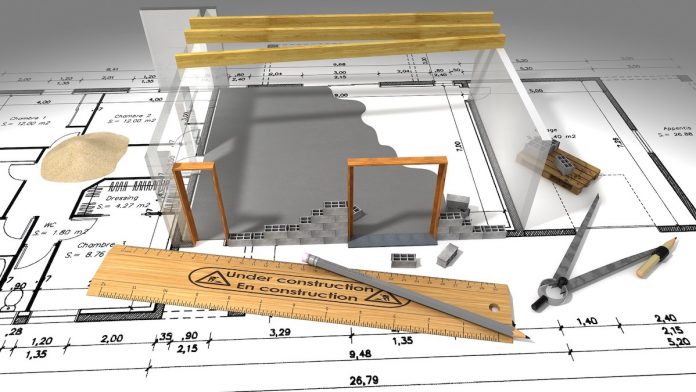7 Tips for Planning a Major Home Renovation Project
Are you planning a major home renovation project? If so, you’ll want to be sure to plan to ensure a successful outcome. By planning carefully and taking your needs and budget into account, you can create the home of your dreams without breaking the bank.
Home renovation is exciting but also a bit overwhelming. There are many things to consider when planning a big renovation project, from the scope of the work to your budget to the timeline. We’ll share seven tips for planning a successful home renovation project in this post.
1. Have a Vision
Before you begin, determine what your ultimate goal is. What kind of a space do you want to create? Make sure everyone on the team has the same vision for the project and understands where they are headed. If your plan is not clear, your team may end up with different end goals, and you could experience delays and cost overruns.
2. Make a Plan
Once everyone understands the project’s direction, you need to make a plan. Draw up architectural plans or hire an architect or designer to create detailed drawings of your renovation project. Discuss these with your contractor, and get their input on what they think is feasible within your timeframe and budget. Make sure to also have a plan on how you’re going to clean the house after construction. Again, everyone should be on board with this plan before work begins.
3. Declutter and Demolish
If you’re renovating a room in your house, start by getting rid of everything. Go through the space and remove every item, from the shelves to the ceiling fan. Any items that are still functional can be donated or sold at a yard sale.
Demolishing walls is an important step as well. If the walls are in good shape, you can save time and money by simply painting them. However, if there are any cracks or holes, it’s best to replace the drywall completely.
One thing that can help you with this is a rented dumpster. Companies like Redbox+ of Denver South Metro are often the best choice for renting different dumpsters that make it easy to declutter.
4. Set your Budget
Create a detailed budget for the project that outlines costs for every aspect of your renovation. Your contractor can help you determine how much it will cost to do certain things, like insulate walls or install central heating and air conditioning. This step is especially important if you are doing any work outside of your home, such as adding rooms or removing walls.
Be sure to add in a contingency fund. It’s easy to underestimate the cost of renovations, so you should expect some expenses that come up along the way. If your initial budget is too low, you may need to scale back on some aspects of the project or take out a loan for additional funds.
5. Research Your Materials
Before you begin, take the time to research every material you’ll need for your renovation. Check out prices at local retailers or online, and be sure to check with local suppliers about any coupons they may have. This is especially important if the materials are not readily available in your area, which can push up costs.
You should also consider the environmental impact of your renovation project. Using recycled or eco-friendly materials can have a big impact on costs – and they often work just as well as traditional materials. For example, consider researching reclaimed lumber to use as accents, such as beams or trim for your ceiling.
6. Find a Contractor
Once you have a plan, budget, and materials list, it’s time to find a contractor. You can use online directories or ask friends for recommendations. Be sure to consider any fees that may be charged for quotes.
Create an agreement with your contractor detailing the timeline, work schedule, and payment schedule. Make sure everyone signs this contract before you begin work. In addition, get copies of any certificates for professional licenses your contractor may have.
Before you sign, ask to see some examples of their previous work.
7. Figure out a Timeline
Once your contractor is clear on what you’re expecting, set a timeline for completion. If the project is only in one room, this could be as little as three to four weeks. Larger projects can take much longer. Check with your local municipality for permits and inspections required by law during renovation projects.
To speed up work on your renovation, you may want to consider having more than one contractor working on the project. For example, an electrician can be brought in during demolition work to get the room ready for new wiring.







